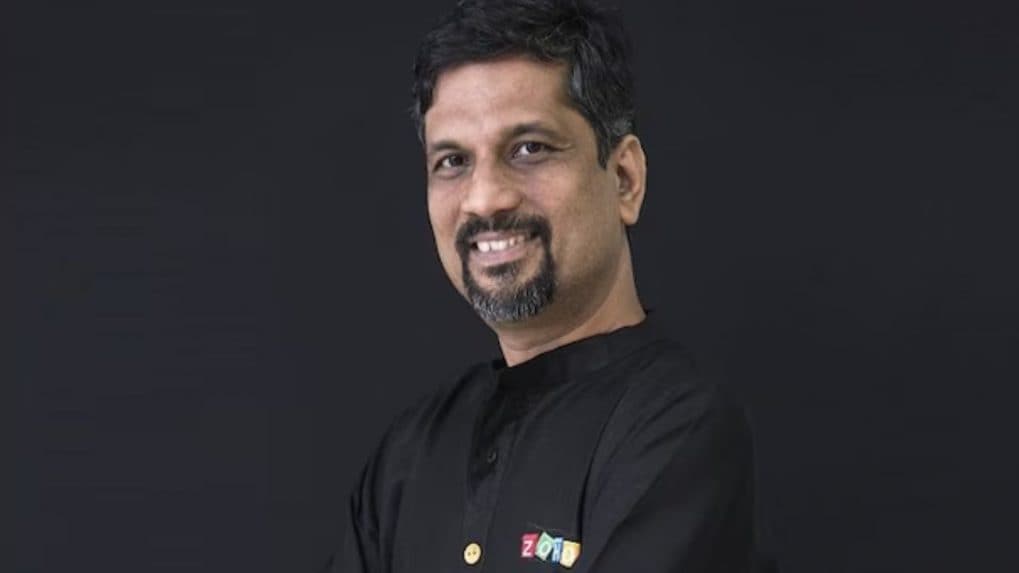India must end 'brain harvesting' by foreign tech firms and AI centers, says Zoho's Sridhar Vembu
Sridhar Vembu contends that India's top software talent is effectively being harvested to generate valuable AI models and technology for foreign entities without a fair return to the Indian economy.
ADVERTISEMENT
Zoho Corp founder and Chief Scientist Sridhar Vembu has urged the Indian government to make it mandatory for foreign Artificial Intelligence (AI) companies and Global Capability Centres (GCCs) to register the intellectual property (IP) they create locally. Vembu argues that the current system allows multinational firms to profit massively overseas from Indian talent, calling it an "asymmetrical" and exploitative arrangement.
Vembu contends that India's top software talent is effectively being harvested to generate valuable AI models and technology for foreign entities without a fair return to the Indian economy.
“Why are Indian citizens working in India, generating valuable intellectual property, and why should that IP be registered only in America and not in India? And why should Indian taxes not be paid on the profits from that IP? Our brains are being harvested for it. Why shouldn’t we get paid for it?” Vembu asked in an interview with Moneycontrol.
The Zoho Chief Scientist called for immediate legislative action to address the strategic gap, particularly as AI development accelerates. He believes a simple policy change would ensure India benefits from the innovation being done within its borders.
“If something is based in India, make sure that they comply with Indian law and make sure those laws include, for example, that the IP has to be registered in India or licensed to the parent. I think that should be an easy change,” he added.
Vembu's stance aligns with Zoho's long-held philosophy of local technology sovereignty and developing deep-tech infrastructure in India, rather than relying on global tech giants. He emphasized that the country must secure its economic future by moving past the current unequal terms of global trade.
“We must ensure that we can trade on equal terms, not these asymmetrical terms we are forced to live with today,” he said.
Vembu's comments are timely, coinciding with the massive expansion of Global Capability Centres (GCCs) in India. These captive R&D hubs employ over 1.6 million professionals and contribute billions to exports. However, because the resulting IP is typically registered overseas, India loses out on potential tax revenues and ownership rights from the core value generated by its talent base, particularly in cutting-edge fields like AI and deep-tech. This issue is set to grow as the GCC sector is forecast to employ over 2.1 million professionals by the end of 2025.

